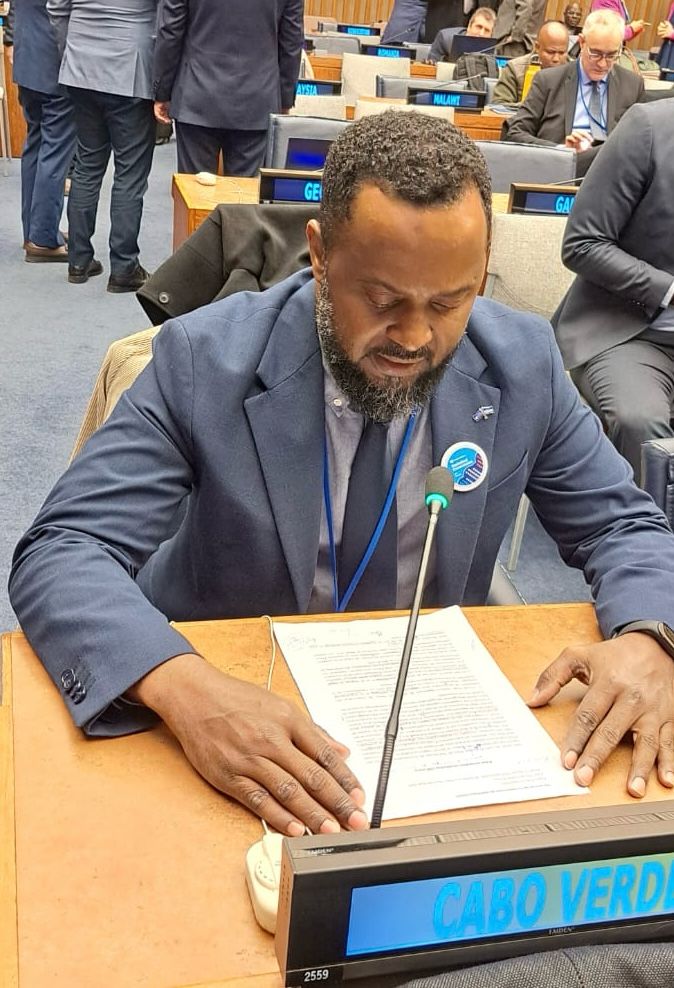Governance Statistics Praia City Group
The Praia Group on Governance Statistics (the Praia Group) is the first African city group, created in March 2015 at the forty-sixth session of the United Nations Statistical Commission (UNSC).
2023 Member's Meeting

About Us
The Praia Group on Governance Statistics (the Praia Group) is the first African city group, created in March 2015 at the forty-sixth session of the United Nations Statistical Commission (UNSC). The establishment of the Group in 2015 came out of international recognition that governance statistics are a critical area of statistics that lack the maturity as other statistics and are underinvested in most parts of the world.
OUR OBJECTIVESEvents
Apr
Guide on the Use of Administrative Data for Statistics on Non-Discrimination and Equality- The way forward
16 April 2024 we had a meeting were we discussed the ongoing development of the Guide on the Use of Administrative Data for Statistics on Non-Discrimination and Equality. The Guide aims to enhance the collection of high-quality administrative data for improved production of statistics on non-discrimination and equality, thereby supporting better informed policies in this area. Ms. Shadia Rask delivered a presentation covering the Guide's objectives, the feedback received so far, as well as proposed ways for the Task Team members to contribute to the Guide.
Apr
Video on Praia Group Task Team on Non-Discrimination and Equality Work
Today we launched a video on our YOUTUBE channel about the work of our Task Team on Non-Discrimination and Equality
Feb
Towards Official Statistics on Participation in Political and Public Affairs, and on Non-Discrimination and Equality: Engaging Prospective Users
Listen & See the Recording of our Side Event
Dec
10th meeting of the Praia Group Task Team on Non-Discrimination & Equality
See the recording and materials here
Dec
8th meeting of the Praia Group Task Team on Participation in Political and Public Affairs
See the recording and materials here


























